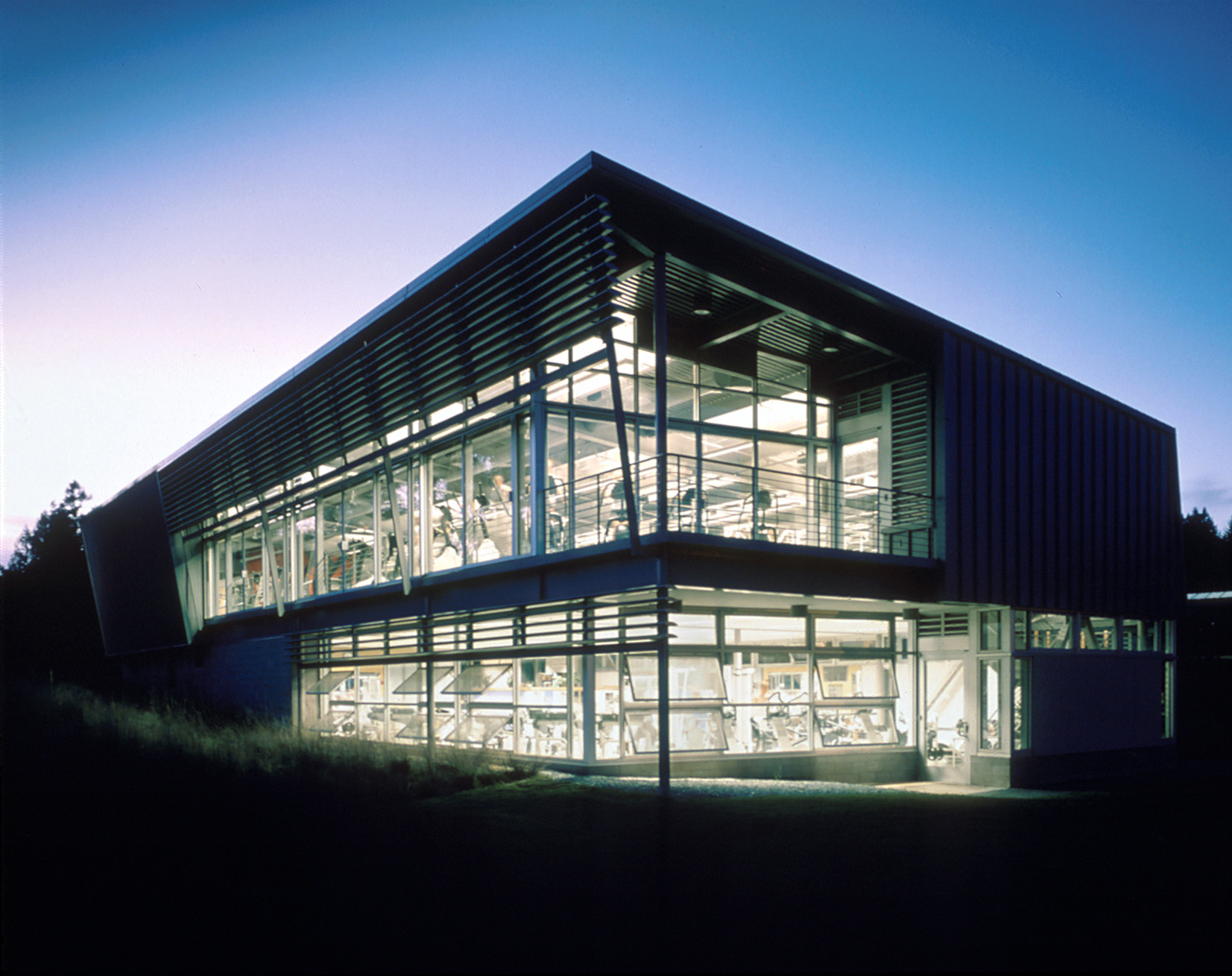Interdisciplinary Phd: Unlock Innovative Research Skills

Embarking on an interdisciplinary PhD journey is a thrilling adventure that can unlock a plethora of innovative research skills, fostering a unique blend of expertise that transcends traditional disciplinary boundaries. This elite academic pursuit demands a distinct set of skills, including the ability to synthesize disparate concepts, navigate complex theoretical landscapes, and cultivate a profound understanding of the intricate relationships between diverse fields of study. As we delve into the realm of interdisciplinary PhD research, it becomes evident that the rewards are well worth the challenges, as scholars who undertake this path often emerge as visionary leaders in their fields, equipped with the capacity to tackle the most pressing global issues from innovative and multifaceted perspectives.
The Evolution of Interdisciplinary Research
Historically, academic research has been compartmentalized into distinct disciplines, each with its own methodologies, theories, and application areas. However, the complexities of modern problems, such as climate change, public health crises, and economic inequalities, have underscored the need for an interdisciplinary approach. This realization has led to a significant shift towards fostering more collaborative and inclusive research environments. The interdisciplinary PhD, with its emphasis on integrating knowledge from multiple fields, represents a paradigmatic shift in how we conceptualize, conduct, and apply research.
Core Skills for Interdisciplinary Researchers
- Synthetic Thinking: The ability to combine concepts and methods from different disciplines to create new frameworks and approaches.
- Adaptability: Interdisciplinary researchers must be adept at navigating different academic cultures and adapting their communication styles to collaborate effectively with scholars from various backgrounds.
- Critical Thinking: This involves not just analyzing information but also evaluating the underlying assumptions and methodologies of different disciplines to synthesize a cohesive understanding.
- Communication Skills: The capacity to explain complex, interdisciplinary research to both specialized and general audiences is crucial for disseminating knowledge and garnering support.
- Problem-Solving: Interdisciplinary PhD holders are adept at tackling complex problems by leveraging the strengths of multiple disciplines, fostering innovative solutions that might elude single-discipline approaches.
Benefits of Pursuing an Interdisciplinary PhD
- Innovative Research: The marriage of different disciplines often leads to groundbreaking research that opens up new avenues for inquiry and application.
- Enhanced Employability: Interdisciplinary PhD graduates are highly sought after for their ability to approach problems from multiple angles, making them versatile professionals in both academia and industry.
- Leadership Opportunities: Their unique perspective and skill set position them for leadership roles in research institutions, policy-making bodies, and innovative industries.
- Personal Growth: The journey of completing an interdisciplinary PhD is a transformative experience that enhances one’s analytical, creative, and collaborative capabilities.
Challenges and Considerations
While the rewards are substantial, it’s also important to acknowledge the challenges associated with pursuing an interdisciplinary PhD. These include:
- Finding the Right Program: Identifying a program that supports and fosters interdisciplinary research can be challenging.
- Balancing Disciplines: Managing the demands of mastering multiple disciplines requires exceptional time management and focus.
- Interdisciplinary Identity: Scholars may face challenges in establishing their academic identity and finding their niche within the academic community.
- Funding: Securing funding for interdisciplinary research can be more difficult due to its unconventional nature.
Future Prospects and Emerging Trends
As the world grapples with increasingly complex challenges, the demand for interdisciplinary research and scholars who can bridge disciplinary divides will continue to grow. Emerging trends suggest a move towards even more integrated and global approaches to research, incorporating not just academic disciplines but also community engagement, policy, and industry partnerships. The rise of interdisciplinary PhD programs in fields such as environmental science, public health, and data science reflects this shift towards more holistic and impact-driven research.
Practical Advice for Aspiring Interdisciplinary Researchers
For those considering an interdisciplinary PhD, here are some practical steps to take:
- Define Your Interests: Start by identifying the disciplines and topics that genuinely interest you and how they intersect.
- Research Programs: Look for universities and programs that have a track record of supporting interdisciplinary research and scholars.
- Build a Network: Connect with researchers in your areas of interest to learn more about their experiences and gain insights into the field.
- Develop Your Skills: Enhance your skills in areas such as critical thinking, communication, and project management to prepare for the challenges of interdisciplinary research.
Conclusion
Pursuing an interdisciplinary PhD is a bold step into a future filled with the potential for innovation, leadership, and meaningful contribution to global challenges. It requires dedication, resilience, and a genuine passion for learning and collaboration. As the academic and professional landscapes continue to evolve, the value of interdisciplinary research skills will only continue to grow, making this path an exciting and rewarding choice for scholars who are ready to push the boundaries of knowledge and impact.
What are the primary benefits of pursuing an interdisciplinary PhD?
+The primary benefits include innovative research opportunities, enhanced employability, leadership opportunities, and personal growth through the development of versatile skill sets.
How do I find the right interdisciplinary PhD program for my interests?
+Start by researching universities known for interdisciplinary research, looking into their programs, and reaching out to faculty members or current students in those programs to gain insights into their experiences and the program’s strengths.
What skills are most valuable for an interdisciplinary researcher to have?
+Key skills include synthetic thinking, adaptability, critical thinking, effective communication, and problem-solving. The ability to navigate different academic cultures and collaborate with scholars from diverse backgrounds is also essential.

